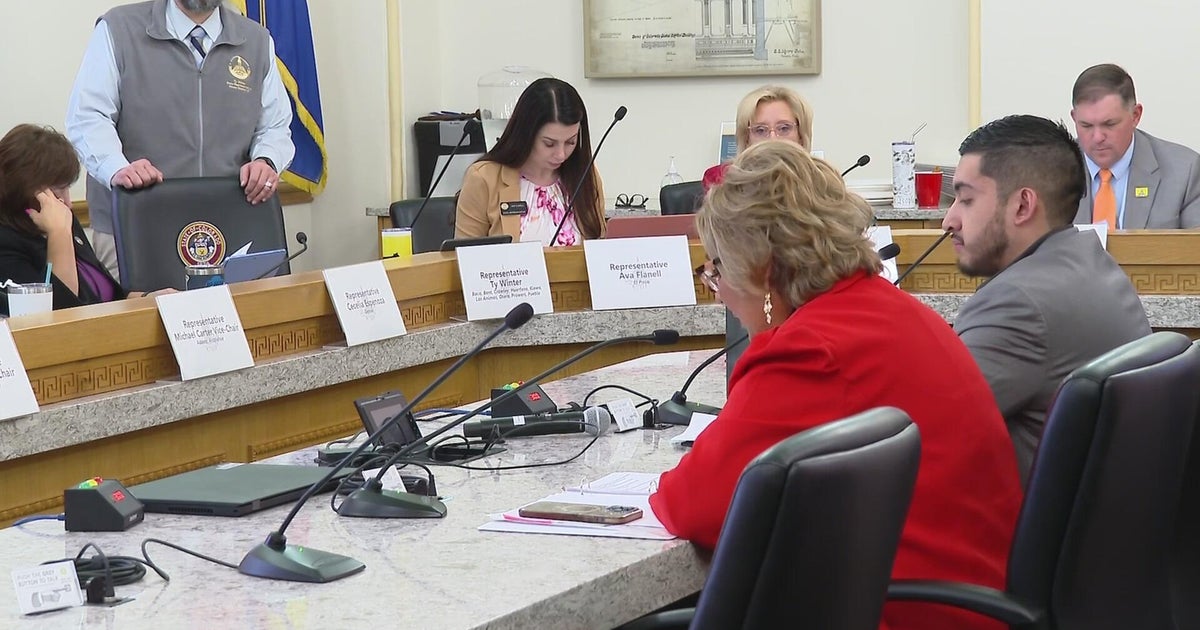ConsumerWatch: What Is Really On Your Phone Bill?
SAN FRANCISCO (CBS 5) -- Take a look at your phone bill. Do you know what every item your provider is charging you?
A viewer asked CBS 5 ConsumerWatch the question: "Are these charges all legit?" Our viewer sent us a list of ten surcharges and fees. Many had names that would lead most consumers into believing they were state-mandated taxes or fees, but that's not always the case.
While all the charges on your phone bill are legal, the names might be dressed up to be a bit misleading.
On most bills, there will be itemized charges under a "Government fees and taxes" or similarly named section. These fees and surcharges are legitimate and must be collected by the cellphone company. Depending on where you live, certain municipalities and districts can also impose their own taxes and fees on wireless phone customers.
Sections named "Usage Charges" or "Other Charges" can contain fees that aren't necessarily going to go back to the state, but may actually go back to the cellphone carrier.
Joe Ridout of Consumer Action said, "One of the peculiar things when it comes to phone companies—there is no law saying that they can't make up a fee and dress it up as something that looks official."
For example, some companies, such as Verizon, will charge a "Regulatory Cost Recovery Charge" or an "Administrative Charge." These fees will go back to the carrier. The "Federal Universal Service Charge" on the other hand is a government imposed fee that companies must pay. The catch is whether or not the companies will pay the cost out of their own pockets or pass it onto their consumers to pay for them, as many carriers currently do.
Ridout said the combination of state fees and company-created charges can inflate a bill from 10-20 percent. He said that is what allows "companies to advertise a price that bears very little resemblance to the final cost to the consumer."
Both AT&T and Verizon have issued statements about the charges. Verizon said, "The FCC (Federal Communications Commission) allows cell phone carriers to charge fees to recoup costs." And AT&T said, "We collect the fees and pass on the money…per…rules and regulations."
According to Ridout, it is unlikely you can get out of paying the fees, but he said it never hurts to complain and voice your opinion on the charges.
One way to avoid paying these fees is to use a prepaid phone. AT&T says their prepaid phones are not subject to the government taxes and surcharges and can save you some cash in the long run.
If you have questions about your own phone bill, there are several resources listed below.
Information about the California Teleconnect Fund (CTF)
Sample phone bill and explanation of costs
List and definition of charges and fees
The California Public Utilities Commission fee breakdown
How to choose the right cell phone plan
Consumer thoughts on different wireless carriers
(Copyright 2011 by CBS San Francisco. All Rights Reserved. This material may not be published, broadcast, rewritten, or redistributed.)







